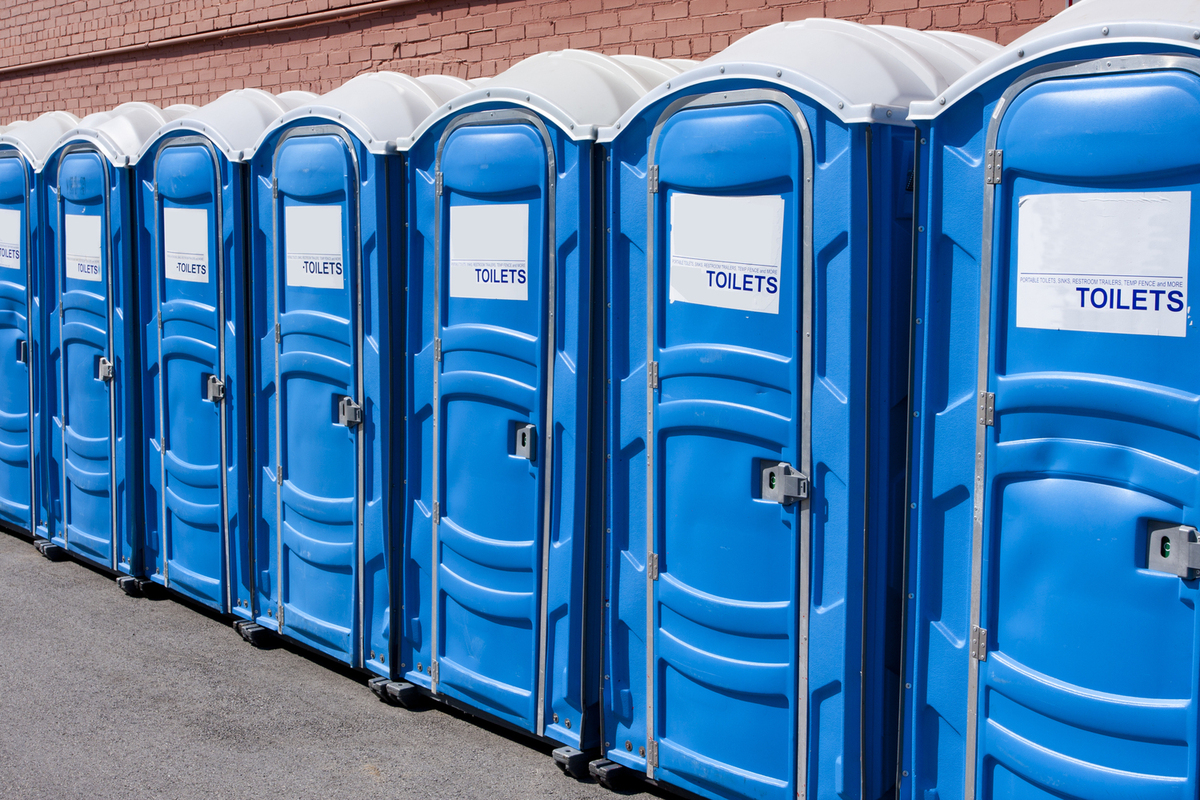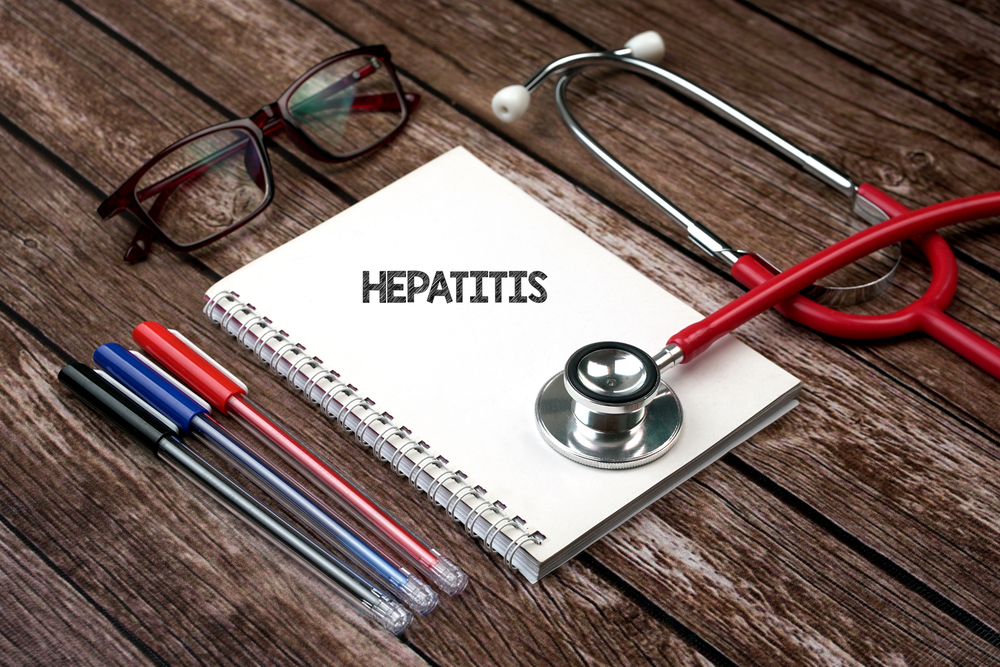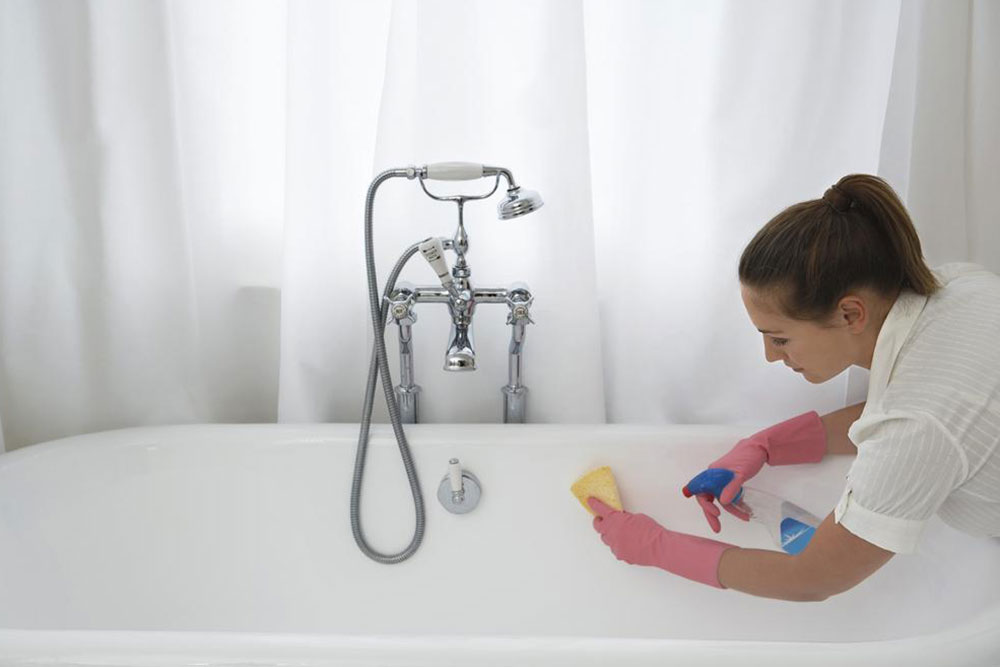Comprehensive Guide to Routine Deep Cleanings for Commercial Kitchens
Maintaining a sanitary and efficient commercial kitchen requires regular deep cleaning to remove hidden grease, bacteria, and debris. Professional services ensure compliance with health standards, extend equipment lifespan, and improve operational safety. Scheduling annual or bi-annual deep cleans during low-activity periods is essential for optimal performance. Proper deep cleaning not only ensures safety and hygiene but also enhances overall kitchen efficiency and presentation, contributing to long-term success and regulatory compliance.

The Critical Role of Regular Deep Cleaning in Maintaining Safe and Efficient Commercial Kitchens
Running a successful commercial kitchen requires meticulous attention to cleanliness and maintenance. Regular cleaning routines play a vital role in ensuring food safety, maintaining hygiene standards, and promoting operational efficiency. While daily surface cleaning is essential for removing visible dirt and grime, it only scratches the surface of what truly needs to be addressed. Deep cleaning goes beyond the obvious, targeting hidden grease buildup, microbial contamination, and accumulated debris that can develop over time. This comprehensive approach is crucial for safeguarding health standards and prolonging the lifespan of costly kitchen equipment.
Understanding the importance of deep cleaning and how to implement it effectively
Deep cleaning involves intensive care and specialized techniques that focus on all aspects of the kitchen infrastructure. This includes ovens, stovetops, exhaust hoods, ventilation systems, refrigeration units, floors, walls, and hard-to-reach spots. Over time, grease and grime can build up unseen, creating potential fire hazards and providing a breeding ground for bacteria. Regular deep cleaning significantly reduces these risks, ensuring a safer environment for staff and customers alike. Additionally, maintaining a high hygiene standard helps meet the strict regulations set forth by health authorities, preventing costly fines or shutdowns.
When and how often should deep cleaning be scheduled?
Most industry experts recommend conducting a thorough deep cleaning at least once every 12 months. This schedule may need to be increased based on the kitchen’s size, volume of daily meals prepared, and specific hygiene requirements. Very busy or high-turnover kitchens, such as those in large restaurants, catering services, or institutional cafeterias, might benefit from bi-annual or quarterly deep cleans. Planning these sessions during off-peak periods, such as holiday breaks or seasonal downtimes, ensures minimal disruption to daily operations.
Choosing the right time and professional services
Timing is essential when scheduling deep cleaning. Performing cleaning during periods of low activity helps avoid interruptions and facilitates a thorough job. It also allows specialists to access all equipment and hidden areas without hurried attempts that might miss critical spots. Employing professional cleaning services is highly recommended for comprehensive sanitation. These experts utilize advanced tools, eco-friendly and industrial-grade cleaning products, and proven techniques to disinfect ovens, exhaust systems, vents, and other crucial components. Investing in these services not only ensures compliance with health and safety standards but also enhances the longevity of your kitchen equipment by preventing corrosion and excessive wear.
The benefits of routine deep cleaning extend beyond hygiene
In addition to safeguarding health standards, routine deep cleaning offers numerous operational benefits. Cleaner equipment performs more efficiently, consuming less energy and reducing operational costs. A sanitation-focused environment boosts staff morale and confidence, positively impacting overall productivity. Moreover, a well-maintained kitchen presents a professional image that can attract more customers and foster trust. Proper documentation of cleaning schedules and compliance reports can serve as proof during inspections, safeguarding your business against regulatory issues.
In conclusion, routine deep cleaning is an indispensable component of running a successful, compliant, and sustainable commercial kitchen. Whether performed annually or more frequently based on your specific needs, investing in professional cleaning services ensures that your kitchen remains a safe, hygienic, and efficient operation. Prioritize scheduling these sessions thoughtfully and using trusted experts to maximize benefits and uphold the highest industry standards.





